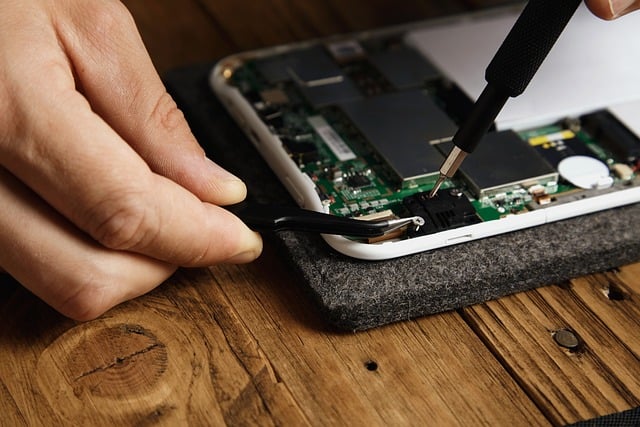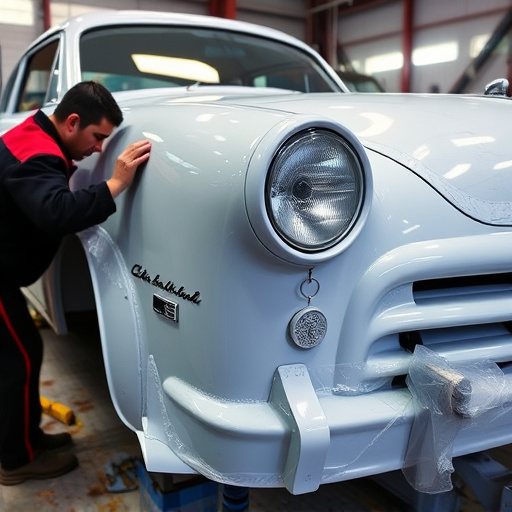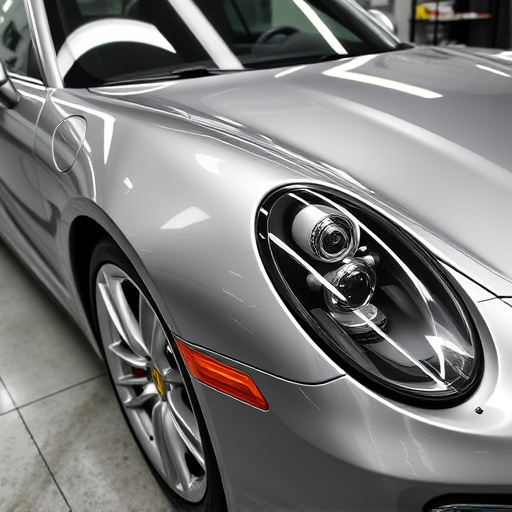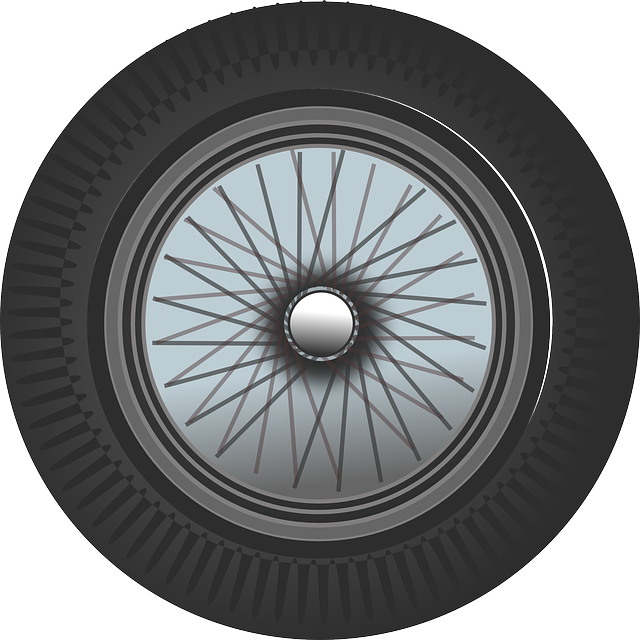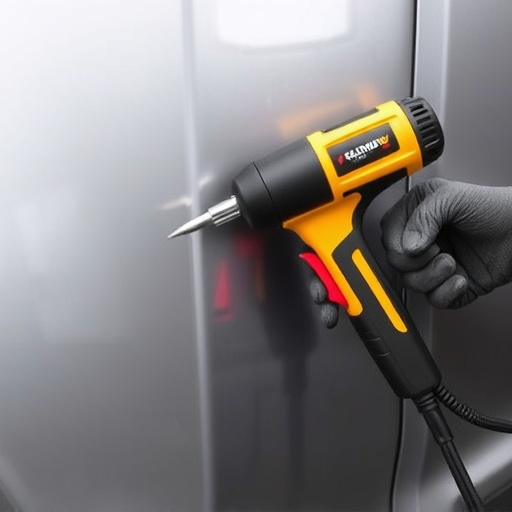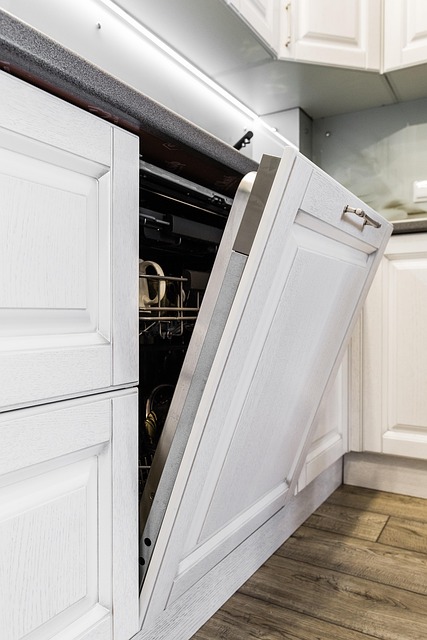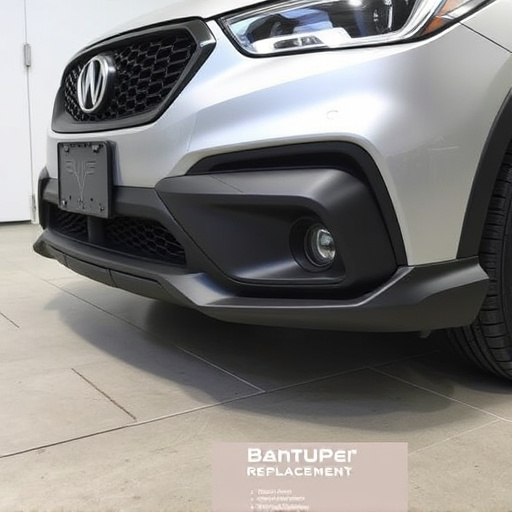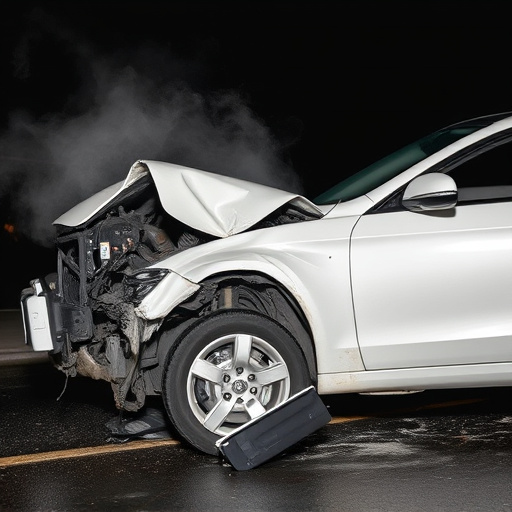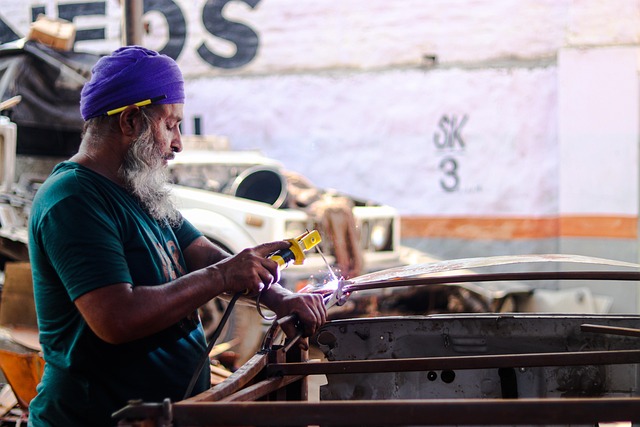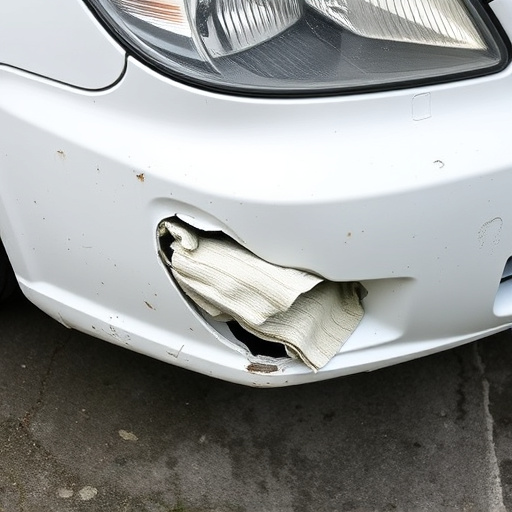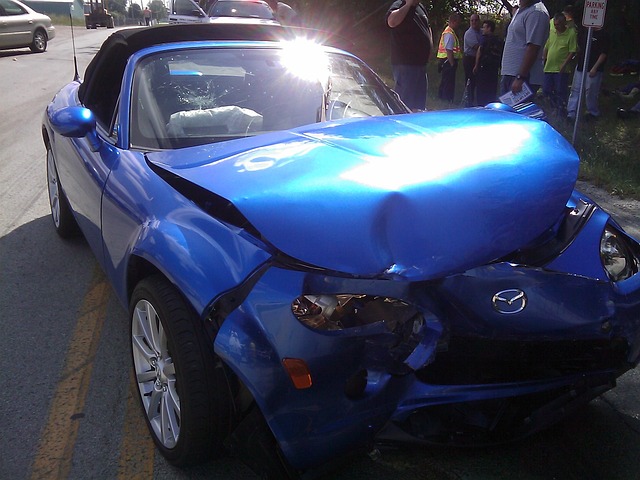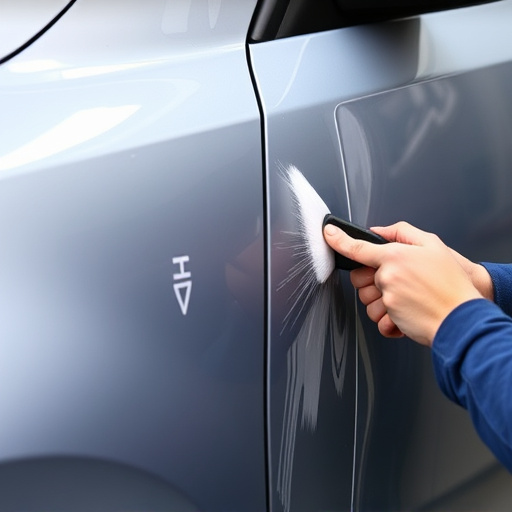Tesla Full Self-Driving (FSD) hardware inspections are crucial for maintaining safe autonomous navigation. These inspections verify sensor clarity, alignment, and signal transmission, addressing issues promptly to ensure reliable FSD performance. Regular checks also prevent body work defects, fostering public trust in this innovative technology. The process involves rigorous evaluation of cameras, sensors, and processors, facilitating accurate environment perception and safe driving behavior.
“Unveiling the secrets behind Tesla’s groundbreaking Full Self-Driving (FSD) technology, this article delves into the critical role of hardware inspections. Understanding Tesla’s FSD hardware is key to deciphering its autonomous driving capabilities and safety measures. Through rigorous inspections, Tesla ensures the system operates optimally, maintaining safe driving behavior. This analysis explores how these checks impact the overall performance, revealing the intricate relationship between hardware and autonomous vehicle behavior.”
- Understanding Tesla's Full Self-Driving Hardware
- The Role of Inspection in Ensuring Safety
- Impact of Hardware on Autonomous Driving Behavior
Understanding Tesla's Full Self-Driving Hardware
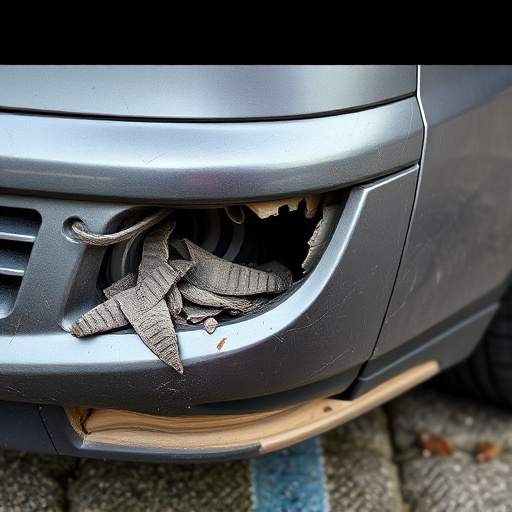
Tesla’s Full Self-Driving (FSD) hardware is a sophisticated system designed to enable autonomous driving capabilities. At its core, this technology relies on a suite of sensors, including cameras, radars, and LiDAR, strategically placed throughout the vehicle. These sensors work in harmony to perceive and interpret the surrounding environment, providing crucial data for navigation and decision-making. Regular hardware inspections are vital to ensure these components function optimally, thereby enhancing safety.
A thorough inspection involves examining each sensor’s clarity, functionality, and alignment. For instance, cameras should be free from any obstructions or damage, ensuring they capture high-resolution images for accurate object detection. Similarly, radars and LiDAR must be checked for proper signal transmission and receipt, as these technologies play a significant role in detecting obstacles and navigating complex terrains. Regular maintenance and prompt repairs of any issues are essential to keep Tesla’s FSD hardware reliable, contributing to safe driving behavior on the roads.
The Role of Inspection in Ensuring Safety
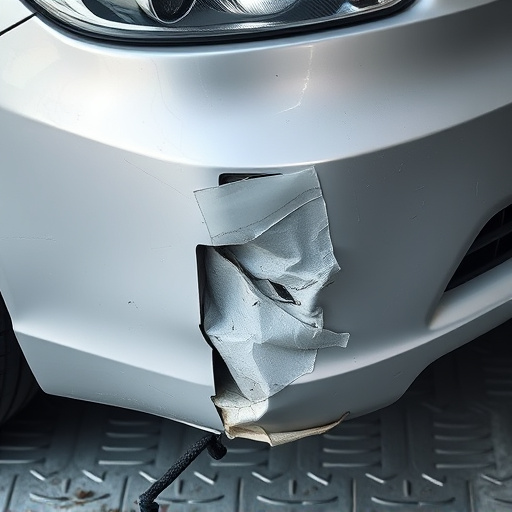
A Tesla Full Self-Driving (FSD) hardware inspection plays a pivotal role in ensuring safe driving behavior. This rigorous process involves meticulous examination of critical components that facilitate autonomous navigation, including cameras, sensors, and processors. By identifying any defects or discrepancies, the inspection helps maintain optimal performance, which is crucial for the safety of both passengers and other road users.
Regular inspections also serve as a preventive measure against potential automotive body work issues. Even minor car damage repairs can impact the integrity of FSD systems if not addressed properly. Thus, a thorough check ensures that any issues are caught early, preventing catastrophic failures and fostering public trust in this innovative technology.
Impact of Hardware on Autonomous Driving Behavior
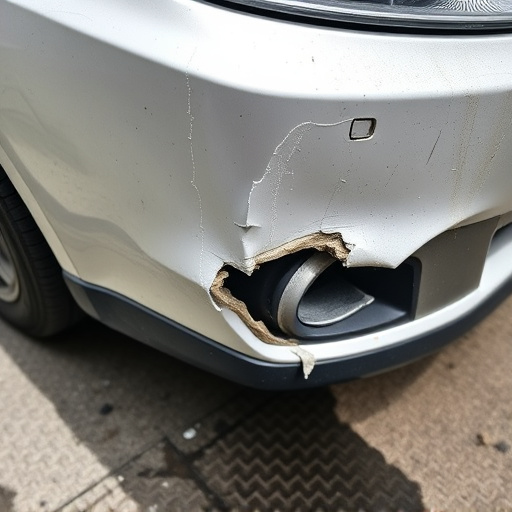
The Tesla Full Self-Driving (FSD) hardware inspection plays a pivotal role in shaping the safety and behavior of autonomous vehicles. This intricate process involves rigorous checks on components like cameras, sensors, and processors, ensuring they function optimally and work in harmony to navigate roads with precision. A well-maintained FSD hardware system is crucial for accurate environment perception, decision-making, and overall safe driving behavior.
Regular inspections at a trusted auto repair shop or automotive restoration center can identify potential issues early on. By addressing these concerns promptly, Tesla owners ensure their vehicles adhere to the highest safety standards, enabling seamless integration of advanced driver-assistance systems (ADAS) like FSD. This proactive approach not only enhances the overall driving experience but also aligns with the brand’s commitment to delivering cutting-edge autonomous driving capabilities, comparable to that of a Mercedes Benz repair expert handling high-performance vehicles.
Tesla’s commitment to safe autonomous driving hinges on rigorous Full Self-Driving (FSD) hardware inspections. By meticulously examining crucial components, these checks ensure consistent and reliable performance, fostering public trust in FSD technology. This proactive approach leverages advanced hardware to enhance driver safety, paving the way for a future of seamless human-machine collaboration on the roads.
